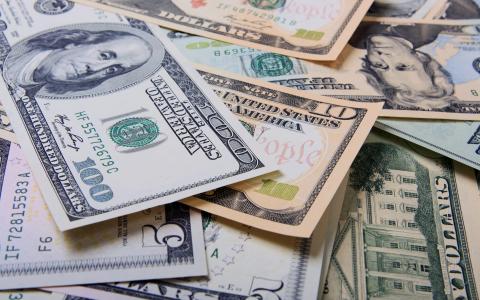
(Yahoo!Finance) - It's been a tough year to bet against stocks.
Short sellers on Wall Street have lost nearly $178 billion this year, according to data from S3 Partners provided to Yahoo Finance.
The top six stocks these investors have lost money on are all part of the Magnificent Seven, with Alphabet (GOOGL) being the lone tech leader not atop the list. The moves reflect the unexpected nature of the 2023 stock market rally that many on Wall Street didn't predict entering the year.
But as hype over artificial intelligence took hold in the spring of 2023, companies like Nvidia (NVDA), Tesla (TSLA), and Meta (META) soared more than 100% this year.
And in recent weeks as the market rally has moved beyond the Magnificent Seven, short sellers have felt the pain with other stocks. Since the Nov. 1 Fed meeting, investors have increasingly bet the Fed is not only done hiking interest rates but that rate cuts could come sooner than many initially projected.
This belief spawned a rally in risk assets that included more speculative areas of the market that investors had deemed more susceptible to high interest rates like small- and mid-cap companies.
Since investors' risk appetite has increased, "shorts are more susceptible to getting squeezed when markets are in the midst of a broad based rally," Interactive Brokers chief strategist Steve Sosnick told Yahoo Finance.
And that's played out in the market over the past month.
Companies like Carvana (CVNA) and Affirm (AFRM) —both heavily shorted stocks — surged amid the "FOMO" chasing rally, with both stocks rising more than 75% in the last month alone. When that occurs, shorts are forced to buy out their positions, sending shares even higher and extending losses for those betting against the stock.
Investors who had positions against Carvana have now lost $2.25 billion this year while Affirm shorts have lost nearly $1.5 billion, according to S3 data.
"In the case of a heavily shorted name, where higher interest rates would provide a headwind, certainly you'd expect to see a bit of a change in sentiment if rate cuts are widely expected," Sosnick said.
Josh Schafer · Reporter



